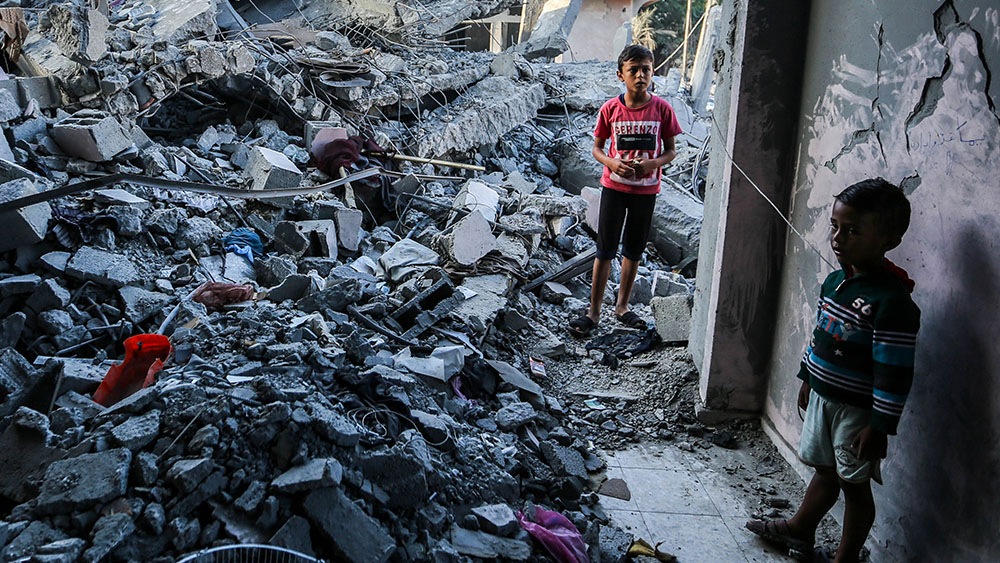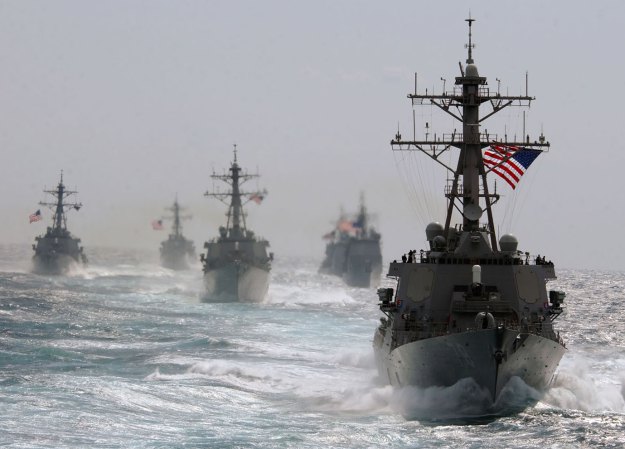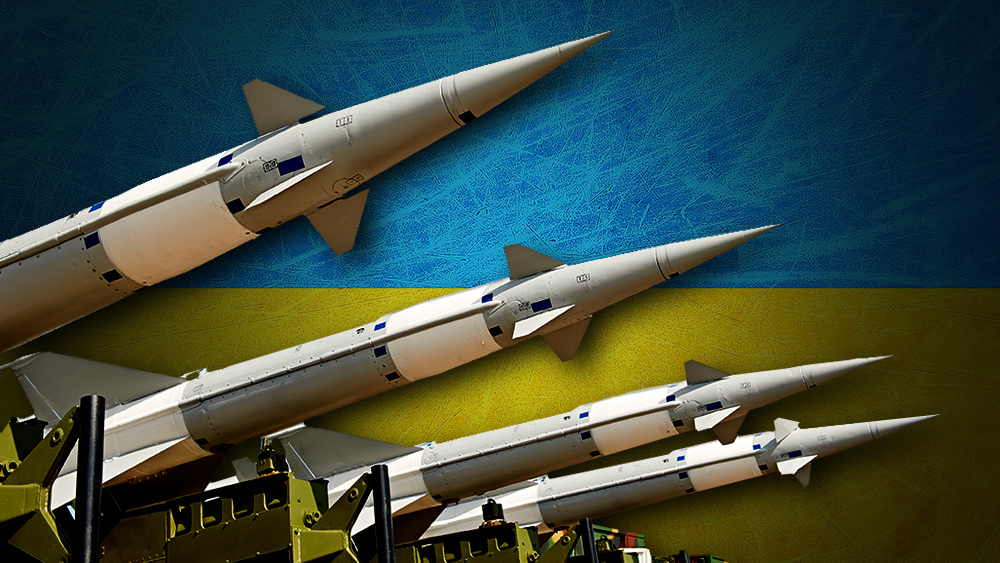Houthi blockades prompt Israeli port of Eilat to lay off half its workers
05/03/2024 / By Cassie B.

Blockades by Houthi rebels have seriously compromised the Israeli port of Eilat on the northern tip of the Red Sea, and now half of its workers could lose their jobs due to the resulting financial hit.
Last month, Israel’s main labor federation, Histadrut, said that Eilat port management declared its intention to fire half of its 120 employees. The port was one of the first to be impacted when shipping companies started rerouting their vessels to avoid the area as Iran-backed Houthi rebels started attacking ships in response to Israel’s military campaign in Gaza.
Eilat is not nearly as big as Israel’s major Mediterranean ports in Ashdod and Haifa, which handle most of the Jewish state’s trade. However, its position adjacent to the only coastal access point of Jordan at Aqaba gives Israel an entrance to the east without having to traverse the Suez Canal. It mainly handles car imports and potash exports from the Dead Sea.
As of December, they had already noted a reduction in activity of 85 percent since Houthi attacks in the Red Sea began. They warned at the time that layoffs would be forthcoming should the attacks continue.
Now, they are being accused of taking advantage of the war and compromising the livelihoods of their employees. The chairman of the transportation workers union said in a statement: “It would have been right for the company at this time to have embraced the workers and their families, and not chosen the easy way of attempting mass layoffs. We won’t be a part of this.”
A total of 149,000 vehicles entered the port of Eilat from the east in 2023; none have entered since the beginning of the year.
Houthi rebels are achieving their goals
Houthi rebels started to attack ships in the Red Sea and the Gulf of Aden in November in what they claim is a show of solidarity with the Palestinians in Gaza who are being subjected to endless violence since the war between Israel and Hamas began as a result of the terror group’s attack on Southern Israel on October 7.
They have caused major disruptions to global shipping, with many shipping companies being forced to reroute and take longer and far more expensive journeys all the way around southern Africa. This has extended voyages to the Mediterranean by as long as three weeks and incurred additional fuel expenses for shippers.
In addition, the costs for seven-day voyages via the Red Sea have grown by hundreds of thousands of dollars. The damage caused by the Houthi attacks is not just financial; the attacks are also prompting fears that the war between Israel and Hamas could spread and encompass other parts of the Middle East.
Of particular concern is the fact that the group has claimed it will only be targeting vessels that are connected to Israel in some way, such as those owned by Israeli companies. However, they have attacked vessels on numerous occasions that do not have any clear links to Israel, including one that was carrying cargo for Iran, which backs the rebels.
The Houthi rebels’ campaign appears to be picking up speed lately. Last week, they attacked a ship traveling in the Gulf of Aden the day after an allied war ship reportedly shot down a Houthi missile that was targeting a vessel in the same area. In separate incidents, European Union forces shot down a drone launched by Houthis, and the British war ship HMS Diamond destroyed a Houthi missile aimed at merchant ships.
Since November, Houthi rebels have launched more than 50 attacks on shipping, including sinking and seizing vessels. They have also fired missiles at Israel, but most of them have either missed their target or have been intercepted. Nevertheless, Eilat’s financial problems are a sign that the rebels appear to be achieving their aims with this campaign.
Sources for this article include:
Submit a correction >>
Tagged Under:
big government, bubble, chaos, Collapse, debt collapse, economic riot, Eilat, finance riot, Gaza, Houthis, insanity, Israel, market crash, mass layoffs, Middle East war, money supply, panic, risk, shipping, supply chain, terrorism, violence, WWIII
This article may contain statements that reflect the opinion of the author
RECENT NEWS & ARTICLES
COPYRIGHT © 2017 NATIONAL SECURITY NEWS





















